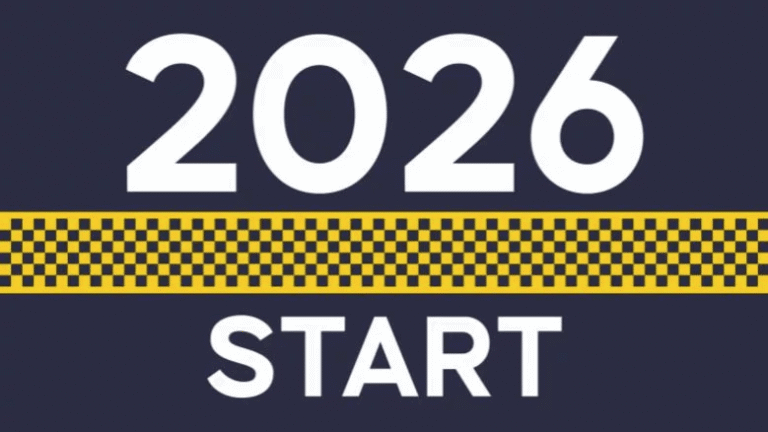Nothing suggests excitement or suspense quite like someone saying, “Cover me.” When you hear this, you know something big is about to happen. In movies it might be a safety officer or soldier as they risk their life running through a hale of gunfire to neutralize the bad guy or the enemy.
The request doesn’t require explanation. The person being asked to do the covering implicitly understands the responsibility that goes along with the appeal and instinctively carries it out. Conversely, the person making the request acknowledges the ability of their partner to provide the necessary cover they’re requesting.
But action movies and life-and-death situations aren’t the only places where we see people ask someone to cover them.
In his book Unreasonable Hospitality author and restauranteur Will Guidara makes a strong point for how this request plays out with employees in a business. He writes, “You cannot expect someone to keep giving all of themselves if you put someone alongside them who isn’t willing to do the same.” He continues, “… the best way to respect and reward the A players on your team is to surround them with other A players.”
As Guidara suggests, we make a mistake and do our companies and the people who work in them a huge disservice when we hire people who aren’t capable of covering someone else or who just don’t grasp the concept. On the other hand, if we go into the hiring process with the understanding that we will only hire employees able to back up others, then we set the stage for a truly great workplace.
In operations “Cover me” might be someone stepping up when another worker gets hurt or calls in sick. Or when someone lends their specialized expertise to save a project that’s heading sideways.
Those in administration are well aware of the “Cover me” concept as they’re often the ones who cover for the shortfalls of others. Incorrect or incomplete information? “No problem, I’ll look it up.” Rapidly approaching deadlines for reports? “No worries, I’ll stay late to get it done.” Deflecting that unwanted phone call? “I’ll handle it.”
Covering someone isn’t limited to big things. It can also apply to small things like turning out the lights or locking the door before you leave the building.
We’ve all been in situations where we’ve had to ask someone to cover for us or we’ve been asked to cover for them. We’re aware of the obligations and the sacrifices it may involve. We’ve all experienced the responsibility we have as members of a team to cover each other and the anxiousness we feel if we can’t rely on our team members to do the same.
Consider how this concept impacts the trust, loyalty, honor, and generosity of a company’s workforce—whether 1 employee or 100—and the culture it fosters when it’s present. Then consider the consequences to the organization when it isn’t.
Perhaps adding a question to our hiring process about what “Cover me” means to applicants will help to forge the team of workers we want or to reinforce the one already in place.



